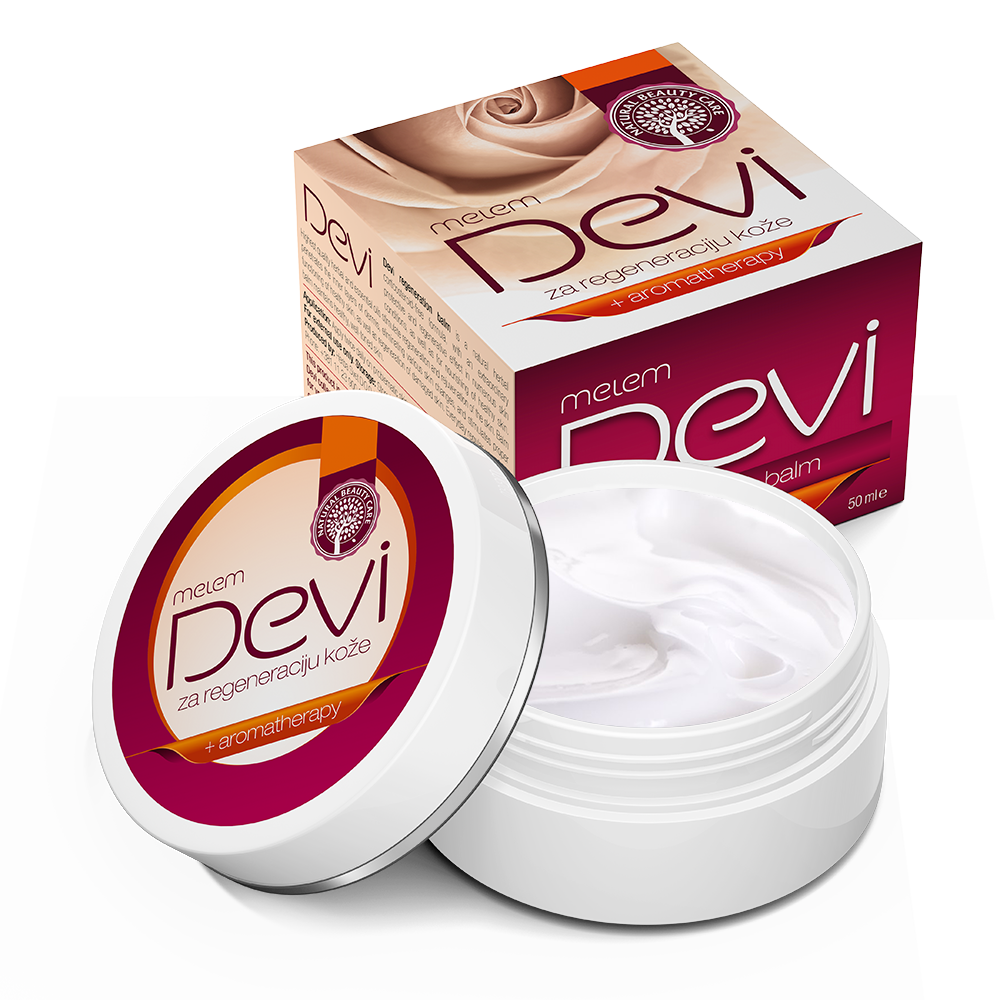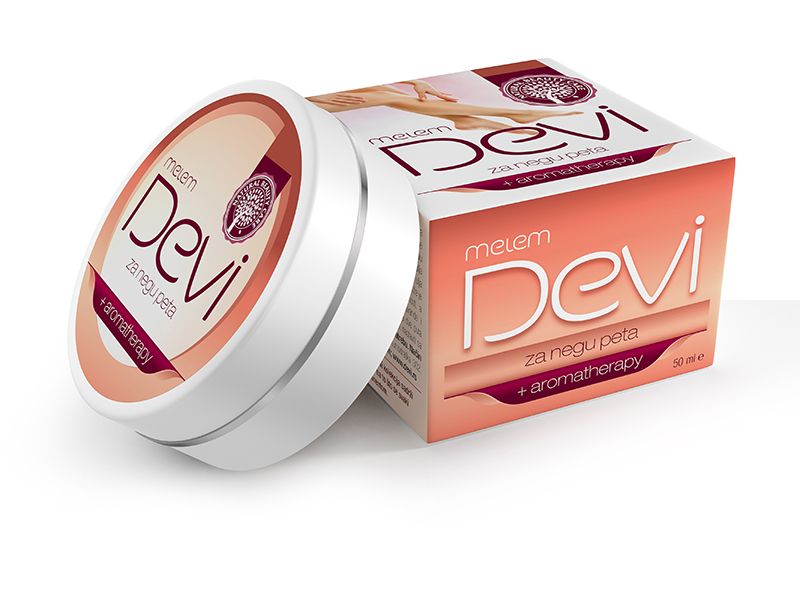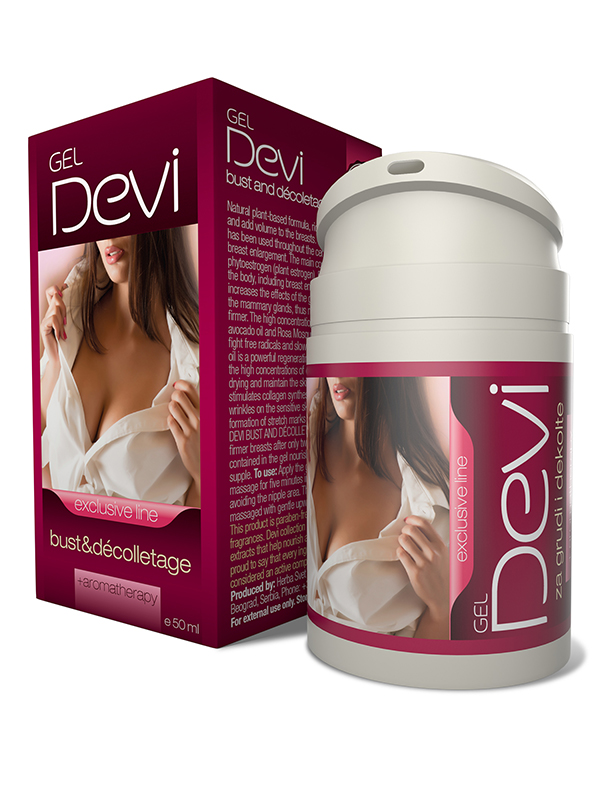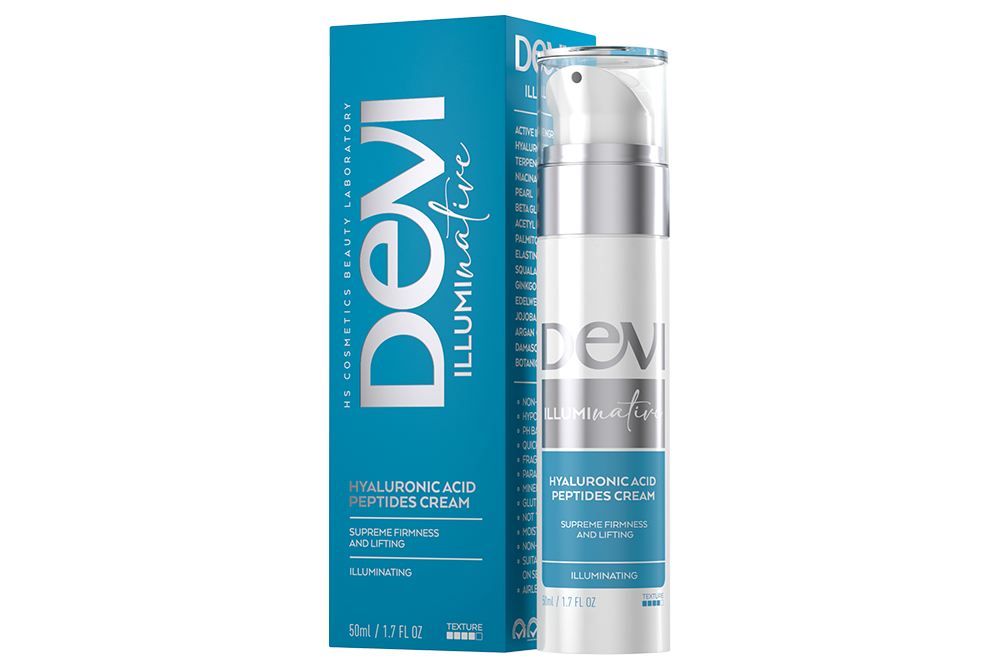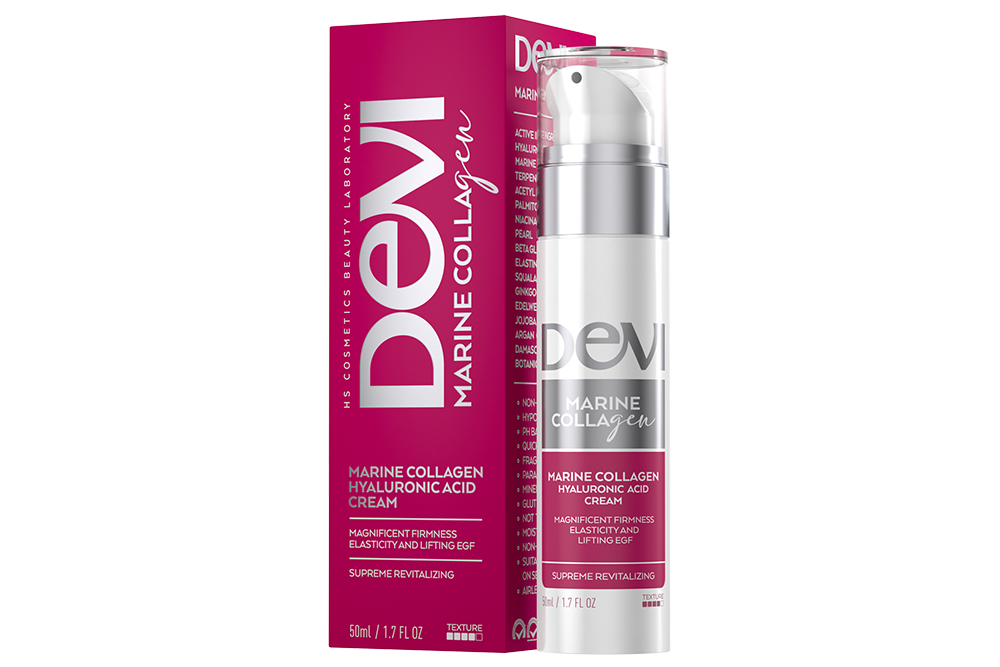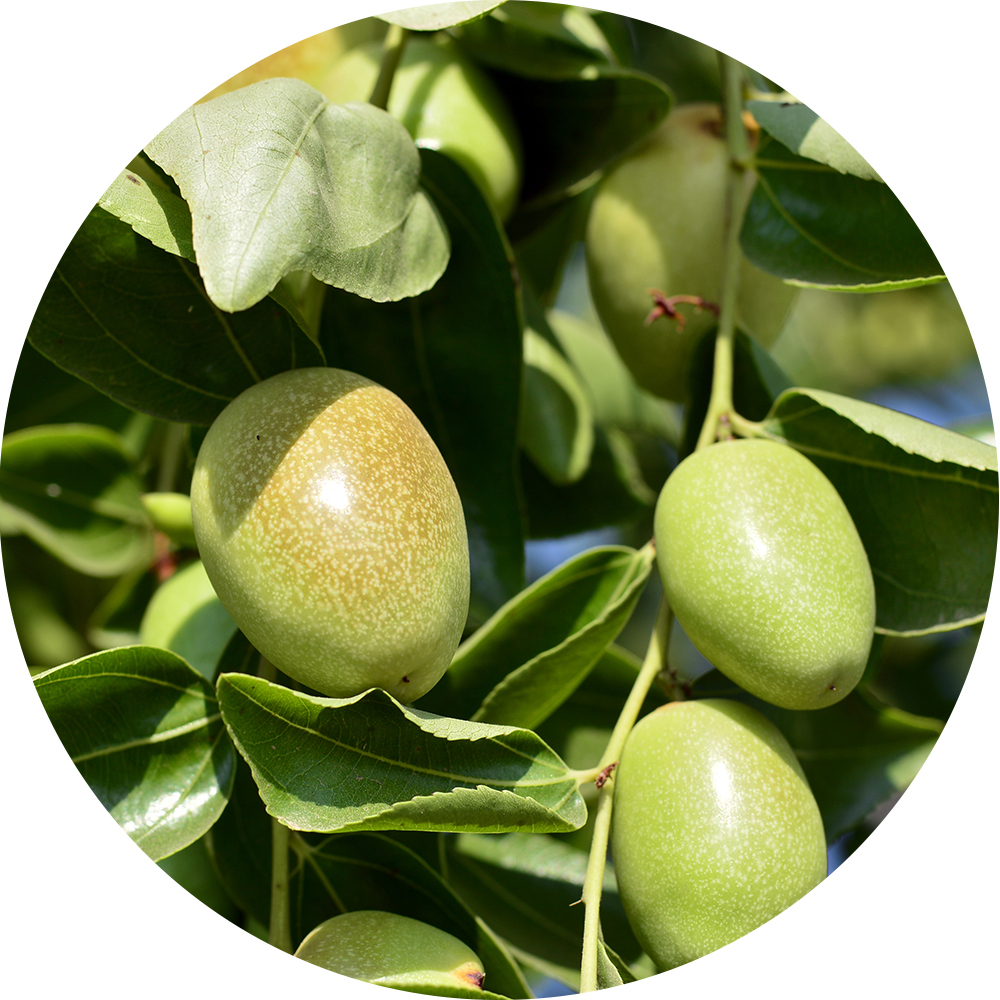(Simmondsia chinensis)
The Indians who inhabited the semi-deserts of Arizona, Baja California and Mexico have used it for centuries, and passed on knowledge about it from generation to generation. It has always helped them to protect their skin against strong sun exposure, to heal wounds and soothe pain in muscles and bones, but also to soften animal skin during tanning. Newly-arrived white settlers did not show much interest in this strange fruit until a ban on whaling and whale fat trade was introduced in 1971. That was the time that witnessed the beginning of a search for something that has a similar composition and use – jojoba.
The plant’s name originates from Uto-Aztekan roots, from hohowai – whose proper pronunciation is “hohoba”. Its scientific name Simmondisa chinensis is a bit absurd, because the second word in its name means Chinese, although it does not originate from China. This was an accident – the German botanist Johan Link misread the label “Caliph” on the label, which referred to California, as “China.” How did jojoba manage to replace whale fat? That was thanks to its unique composition. Jojoba seed does not contain triglycerides, like other plant oils, but it contains wax. Apart from being similar to whale fat it is thought that it has a very similar composition to human sebum.
Jojoba’s liquid wax is thermally stable, it does not oxidate and will not go rancid, it can be heated to over 200 degrees and frozen at minus 10, without any problem. The plant itself is very resistant and simple to look after as it can withstand cruel desert conditions. That is why jojoba plantations today are run as profitable businesses, which was foretold all those centuries ago when the Indians named it “liquid gold”.
JOJOBA’S MEDICINAL PROPERTIES
Jojoba oil is rich in vitamins and minerals, primarily vitamin E, which is known as a skin protector, and B-complex vitamins, as well as chromium, zinc and iodine. Therefore, it is ideal for the treatment of dry skin, especially skin irritation after sun exposure and is proven to increase skin hydration. The composition of this oil has a strong antibacterial effect, it helps with skin disorders, especially acne, because it stabilises the secretion of sebum. The oil of this plant has a proven strong antimicrobial and antifungal effect, and is effective against many strains: Bacillus cereus, Clostridium perfringens, Aspergillus flavus Salmonella typhimurium, Escherichia coli, Candida albicans…
The Indians were completely right to use it as a medicine: jojoba oil is a treasure trove of fatty acids; it is especially rich in myristic acid, which has an anti-inflammatory effect – in addition to skin infections, it can also help with rheumatism and arthritis. Today we know that jojoba is effective for problematic skin, and it also has a strong effect on serious skin disorders such as:
- dermatitis
- eczema
- acne
- psoriasis
- seborrhoea
- dandruff
- rosacea
- inflammatory conditions of the skin
- fungal infections
athletic foot
It can also be used to heal:
- cuts
- scars
- stretch marks
- bruises
- chapped lips
- cuticles
- cracked heels
- burns
- wrinkles
- enlarged pores
It is also great for hair care: jojoba treatment gives hair shine and strength, regenerates dry and damaged hair and – as it stimulates hair growth – it also prevents hair loss, dandruff and helps with alopecia. Jojoba will not irritate the skin, cause allergies or close up pores, it is well tolerated and can be used for baby skin care. It helps with itching, flaking and irritation very soon after application.
JOJOBA STIMULATES COLLAGEN PRODUCTION
The power of jojoba oil is best evidenced by the fact that it is capable of destroying some bacteria and fungus, including salmonella, E.coli and candida. Anti-oxidants in jojoba oil encourage the production of collagen which naturally wanes with age which is one of the main reasons for the appearance of wrinkles and skin ageing. In addition, jojoba encourages the healing of wounds and scars and is effective in the treatment of acne scars.
Even though it has a number of powerful properties, jojoba oil is absorbed easily, it does not clog up pores and does not leave heavy greasy traces on the skin. That is why it is good for all skin types. It can be added to other scented oils, lotions, creams, peels, masks and hair treatments, as well as ointments for skin treatment because it has been proven to increase the absorption of topical medications.
JOJOBA SAVES THE NATURE
All this can be found in a tiny fruit of a bushy desert plant. Apart from saving our skin, it saves the wales from being hunted down. Today in the USA there are over 40,000 hectares of jojoba plantations; it is also cultivated in Mexico, Peru, Argentina, Australia and Israel. Jojoba is not very demanding: it can flourish in poor soil, even salty soil; the most important thing is for the soil to be loose and to have good drainage. It tolerates very high heat, but does not like frost. It is rarely attacked by weed and insects. Therefore it is not surprising that it is used to prevent the spread of the Great Indian Desert Thar between India and Pakistan.
We at Herba Svet also use it: jojoba oil is an ingredient in Devi skin regeneration balm and Devi balm for heal care alongside other oils of exceptional quality. With this liquid gold our skin will no longer be like desert soil.
